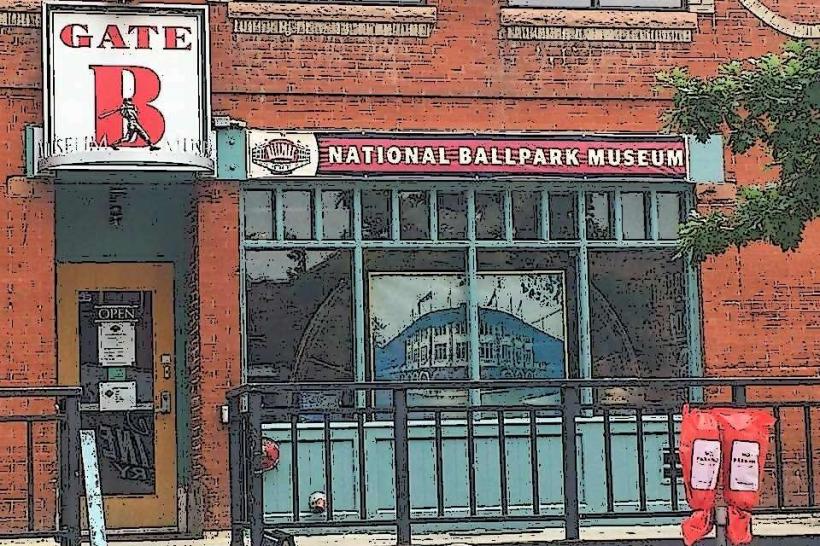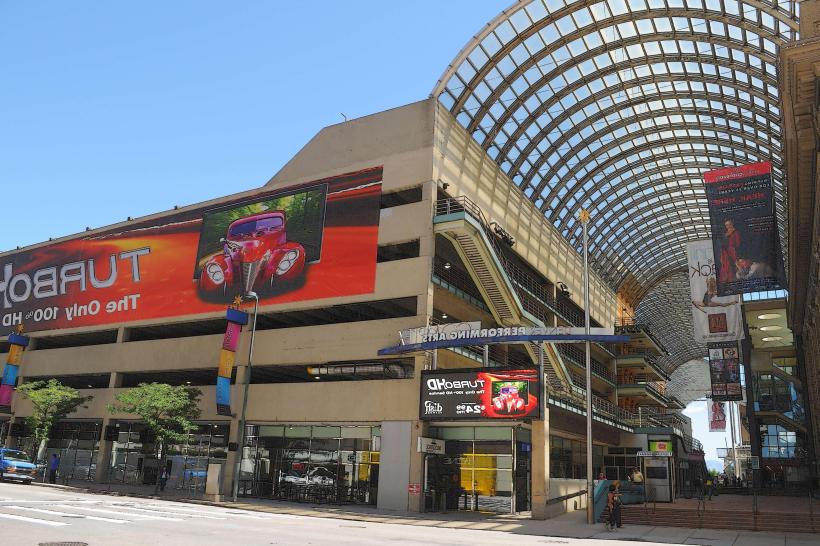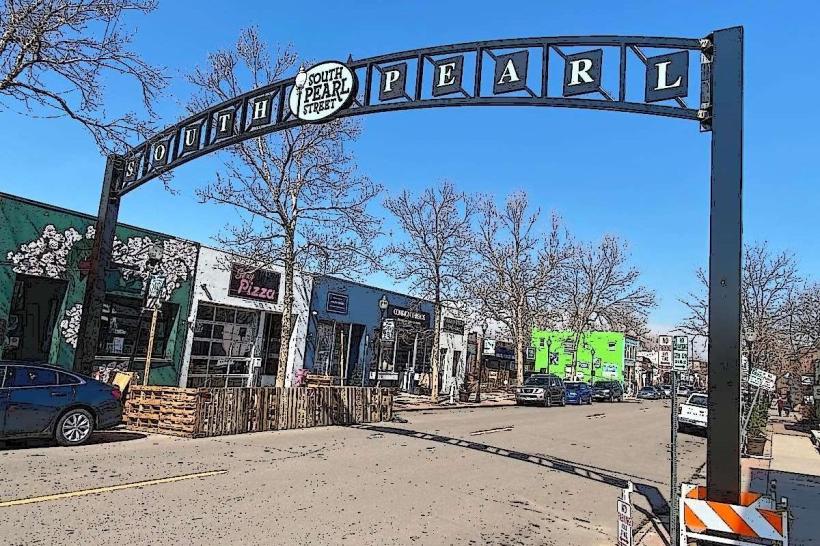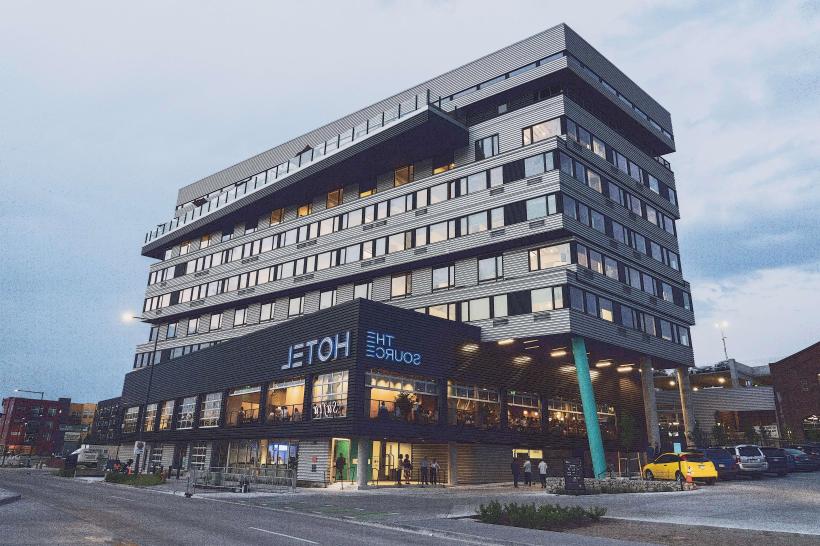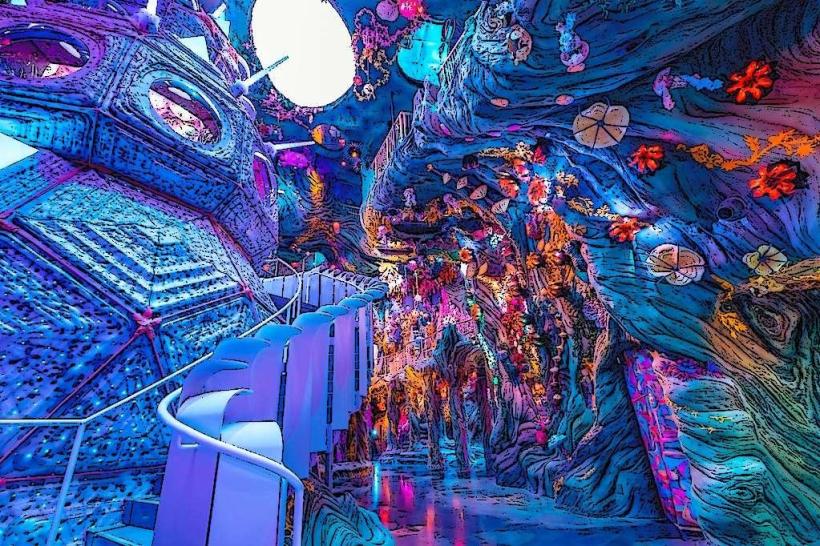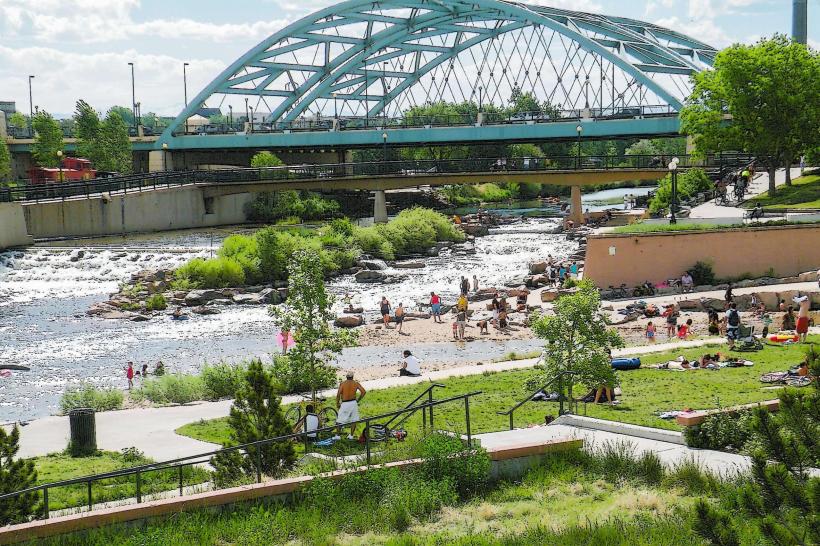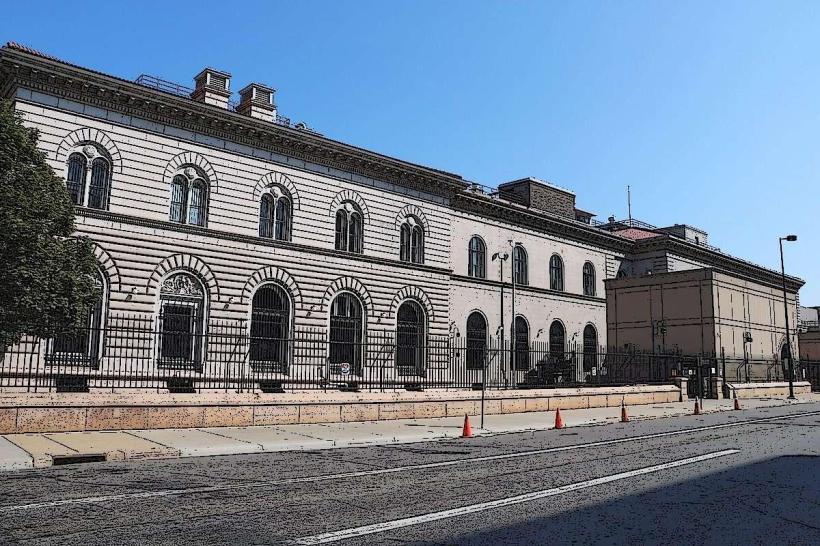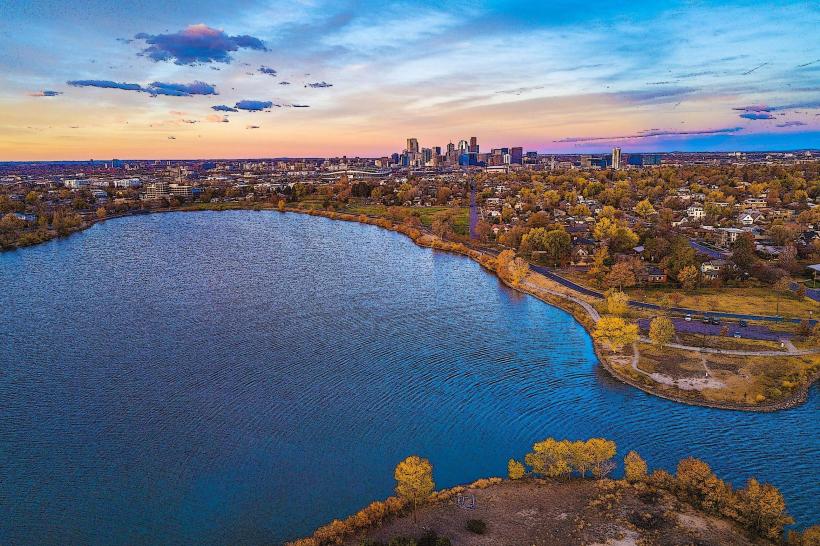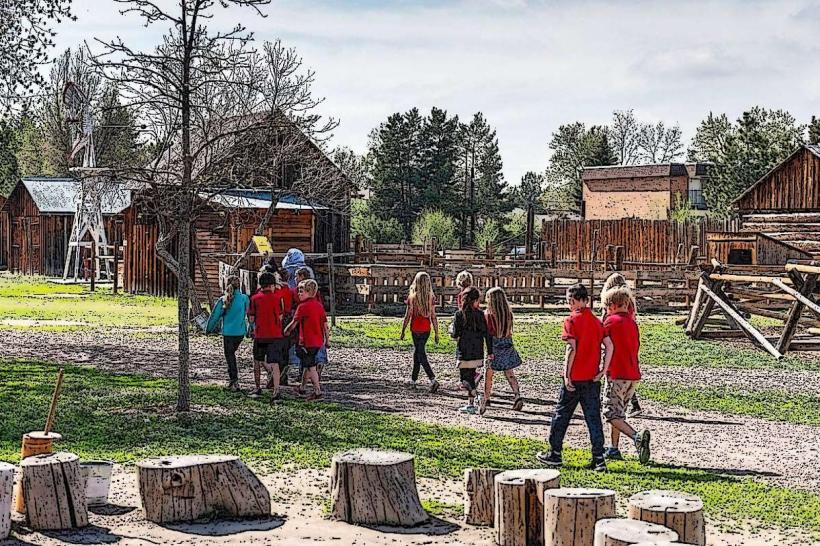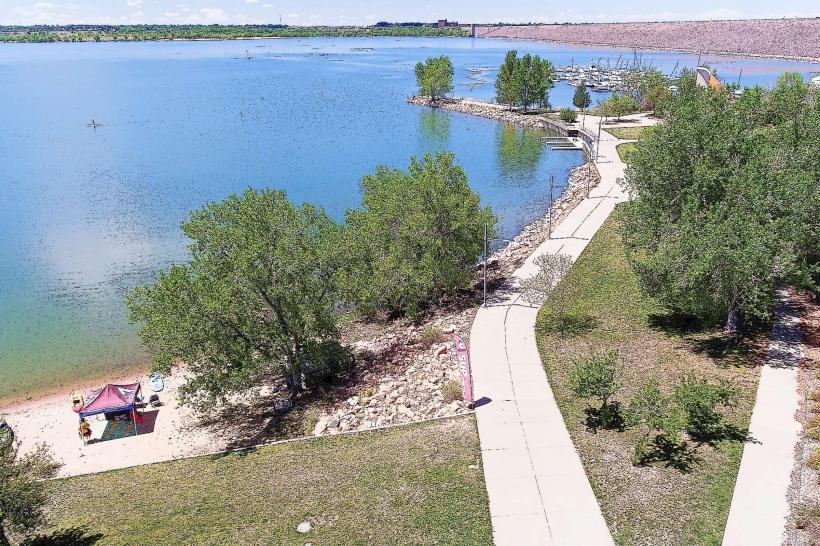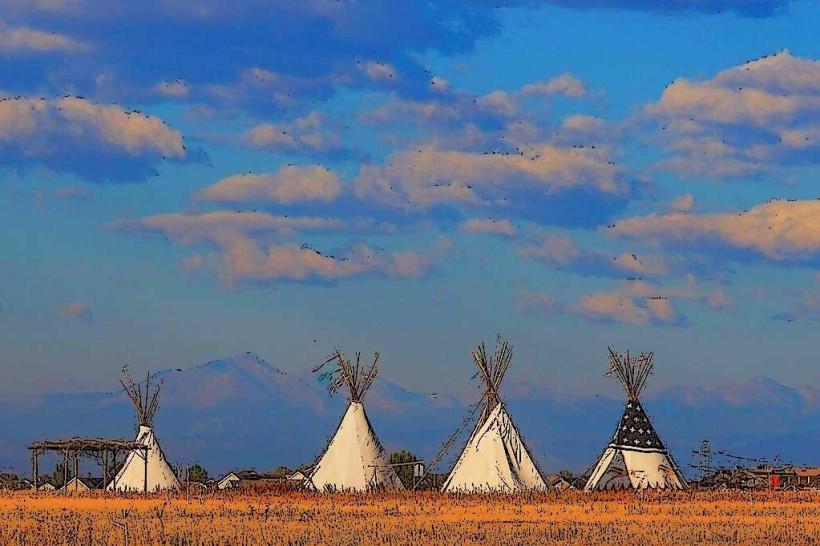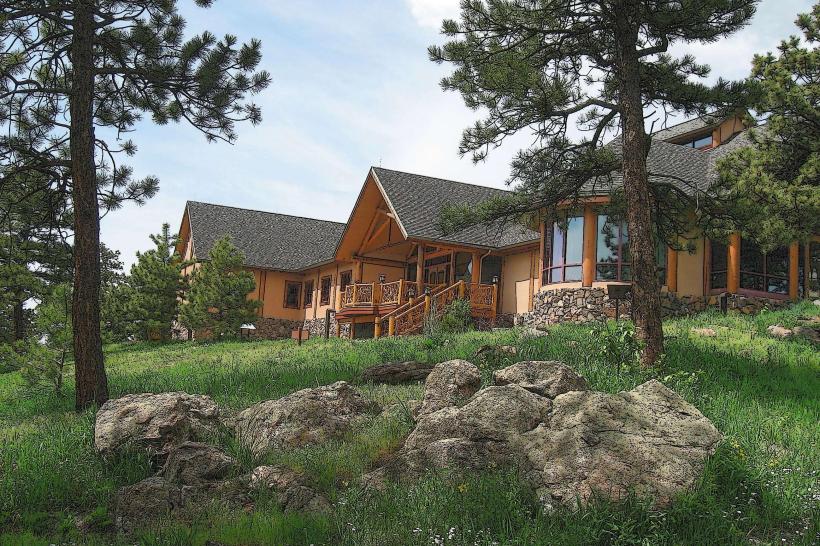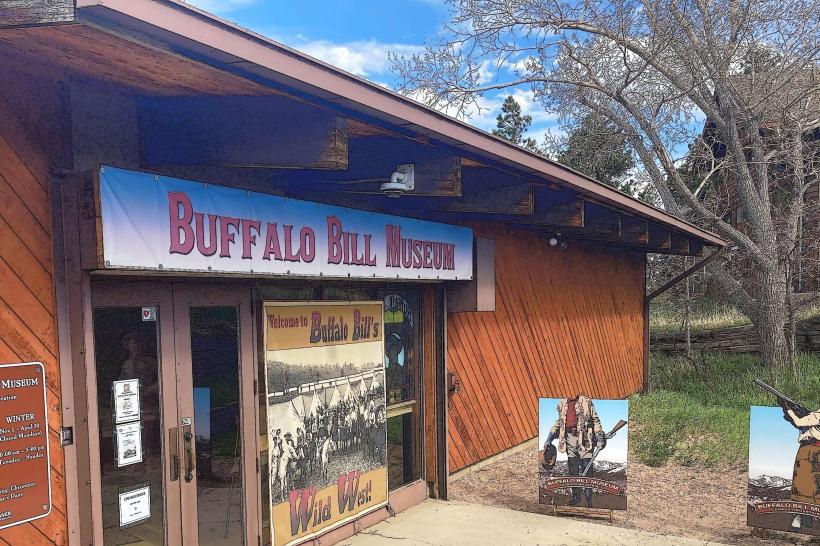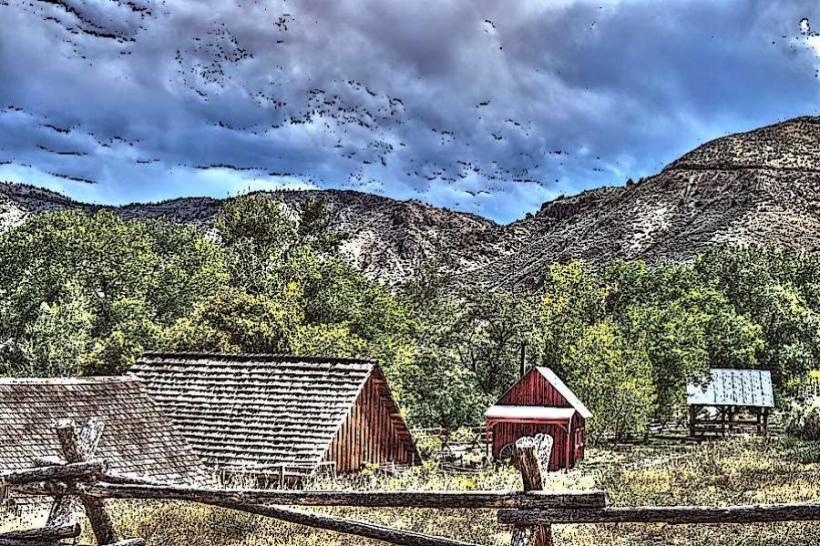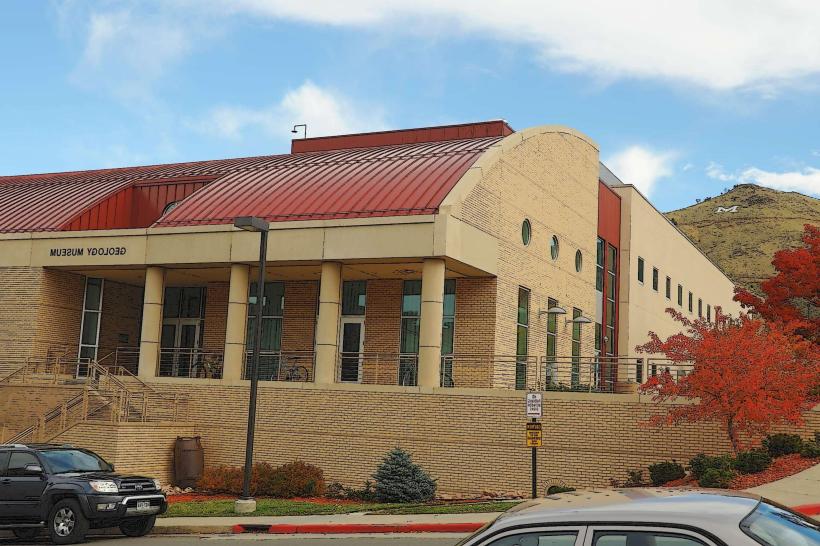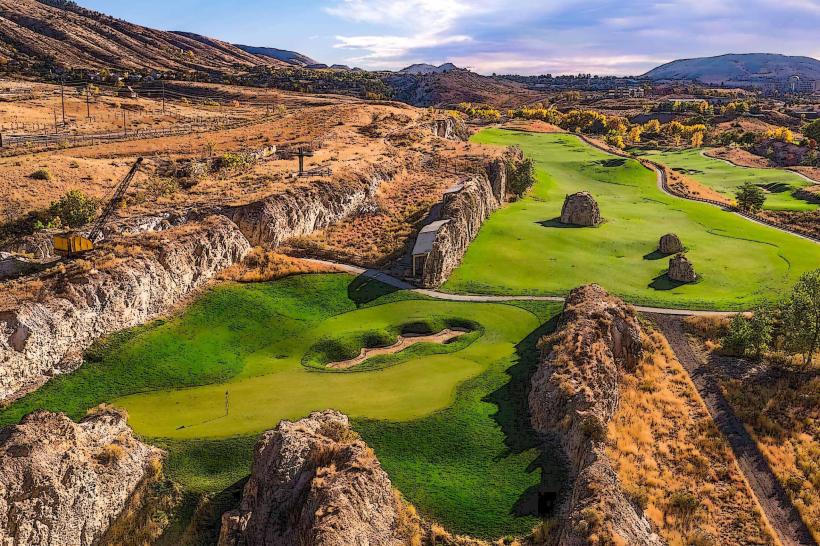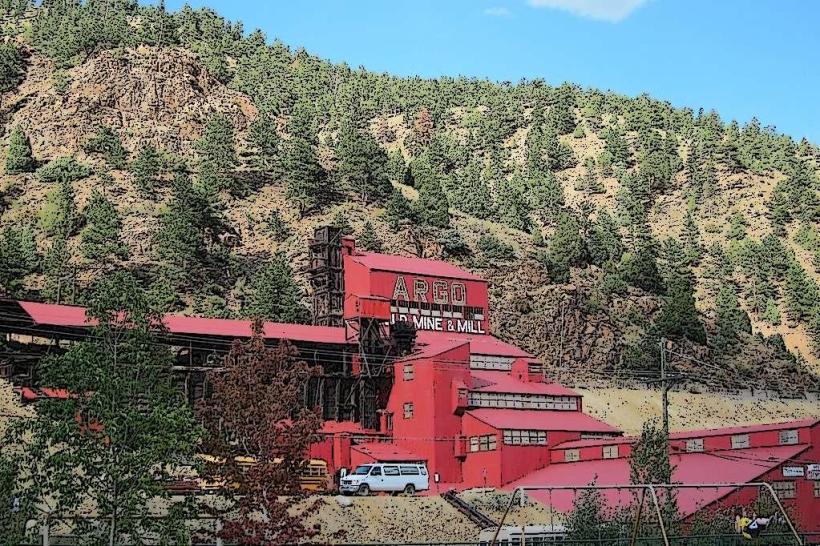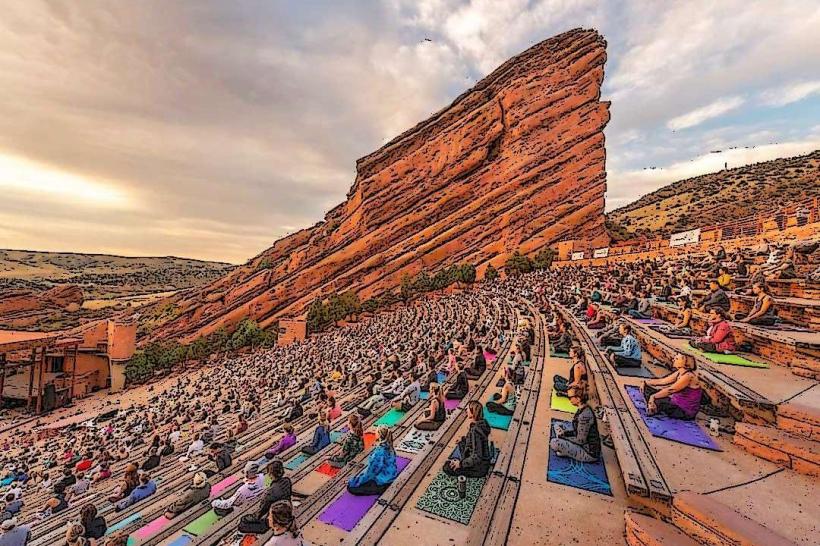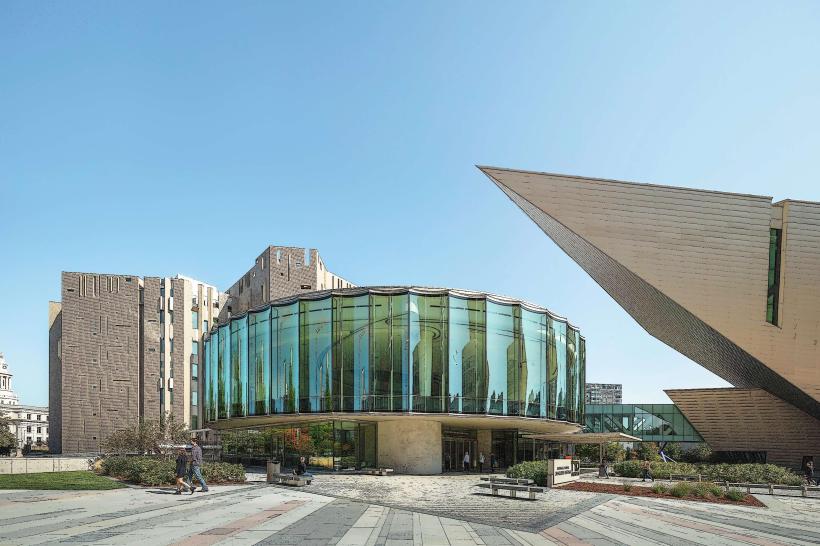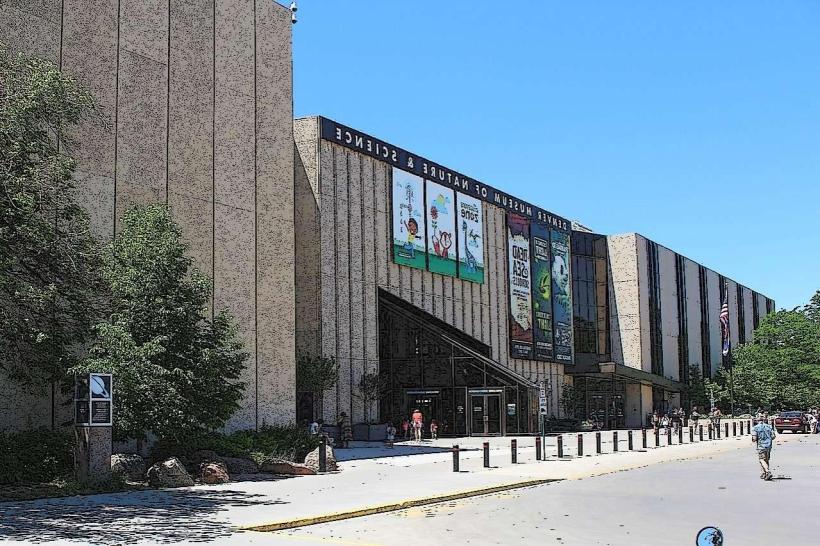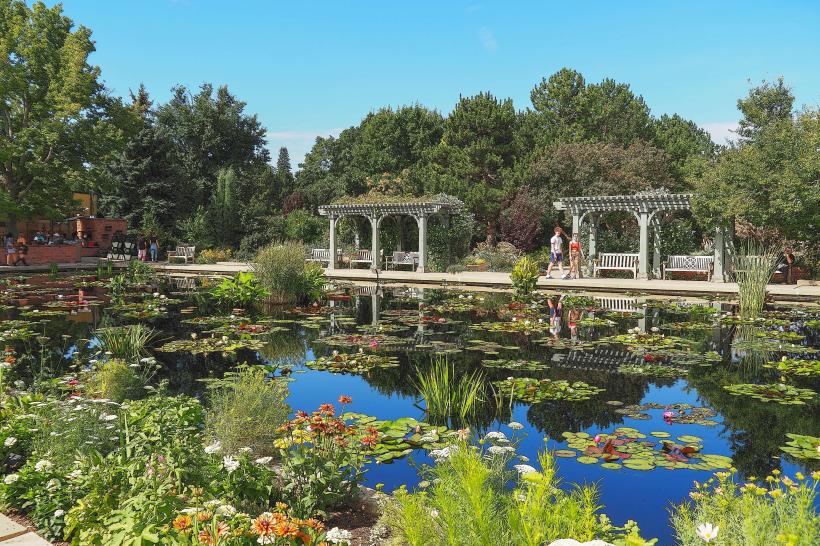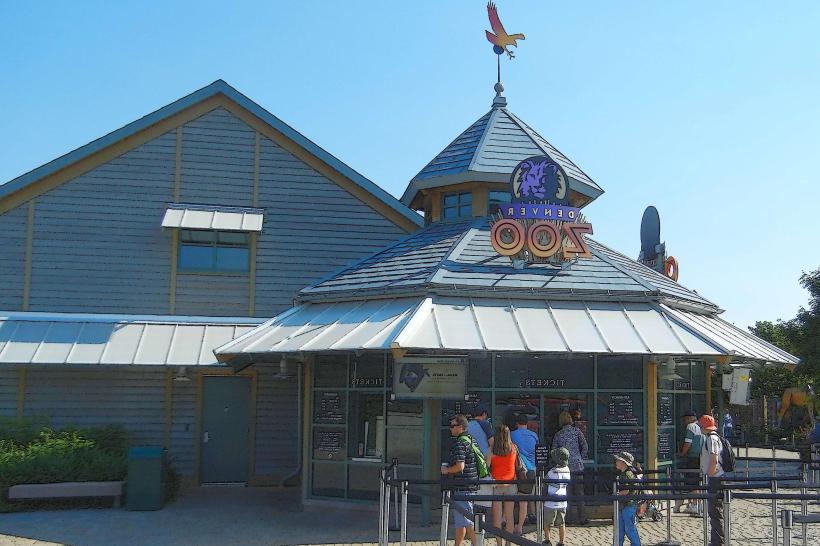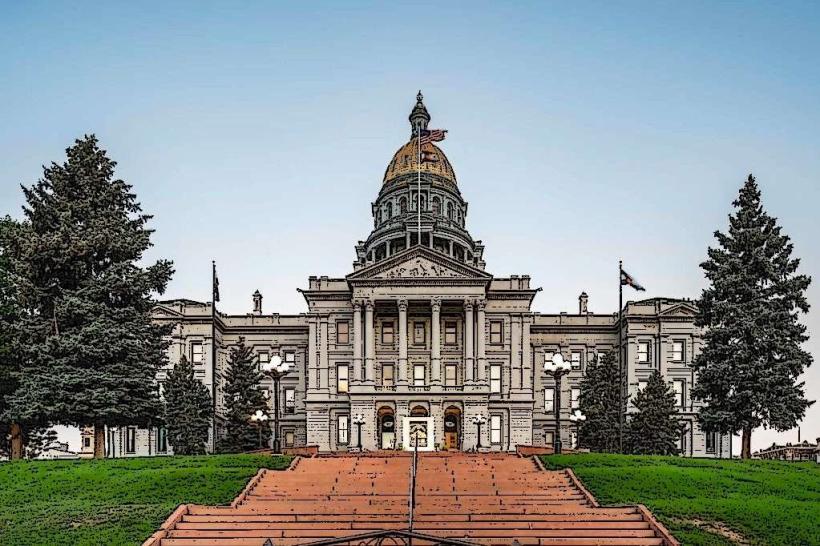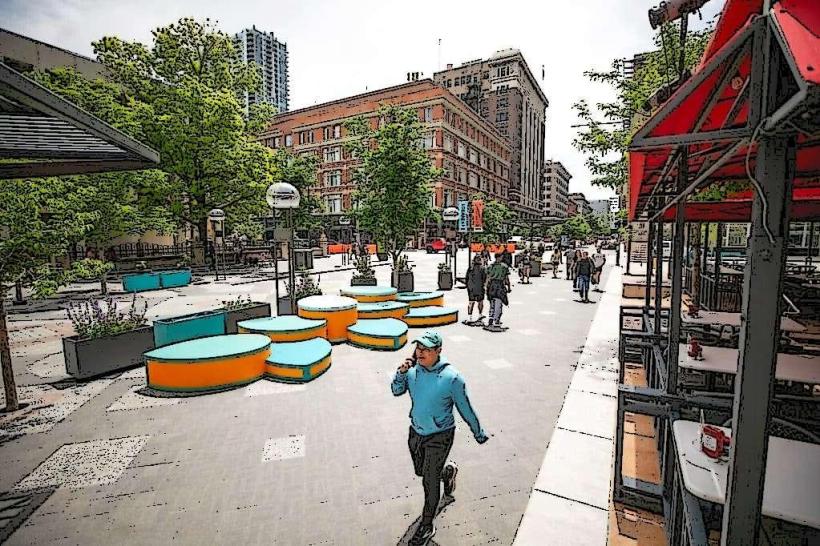Information
Landmark: Morrison Natural History MuseumCity: Denver
Country: USA Colorado
Continent: North America
Morrison Natural History Museum, Denver, USA Colorado, North America
The Morrison Natural History Museum is a paleontological research and exhibition facility located in Morrison, Colorado, USA.
It focuses on the natural history of the Rocky Mountain region, with a particular emphasis on dinosaurs and ancient life.
Visual Characteristics
The museum building is a single-story structure constructed primarily of brick and concrete. Its exterior features earth tones, blending with the surrounding landscape. The interior exhibition space is designed for clear display of fossils and educational materials, with controlled lighting to preserve specimens.
Location & Access Logistics
The museum is situated at 500 South Euclid Avenue in Morrison, Colorado. It is approximately 25 kilometers (15.5 miles) west of downtown Denver. Access is via Highway 285 South, then taking the C-470 East exit towards Morrison. Turn right onto Belleview Avenue, then left onto South Euclid Avenue. Parking is available on-site in a dedicated lot. Public transport options are limited; the nearest RTD bus route requires a significant walk or additional transportation from the closest stop.
Historical & Ecological Origin
The museum was founded by Joe Gregorie and opened in 1995. Its primary purpose is to house and display fossils discovered in the Denver Basin and surrounding areas, contributing to the scientific understanding of the Late Cretaceous period. The geological context of the region is characterized by sedimentary rock formations rich in dinosaur fossils.
Key Highlights & Activities
Visitors can observe mounted dinosaur skeletons, including a juvenile Allosaurus and a Torvosaurus. The museum offers interactive exhibits detailing fossil excavation and preparation techniques. Educational programs and guided tours focusing on local paleontology are available. The museum also houses a significant collection of fossilized plants and invertebrates.
Infrastructure & Amenities
Restrooms are available within the museum. Limited shaded areas are present in the outdoor vicinity. Cell phone signal (4G/5G) is generally reliable in the immediate area. No on-site food vendors are present; however, dining options are available in the nearby town of Morrison.
Best Time to Visit
The museum is open year-round. For optimal lighting on exhibits, midday hours are recommended. The months of April through October offer the most pleasant weather for travel to the area. No specific tide requirements apply.
Facts & Legends
The Morrison Natural History Museum is home to the original fossilized skin impressions of the dinosaur Thecodontosaurus antiquus, a significant find that provides insights into dinosaur integument. A local anecdote suggests that the area was once frequented by a large, unidentified creature, though this is unsubstantiated by paleontological evidence.
Nearby Landmarks
- Red Rocks Park and Amphitheatre: 2.5km Northwest
- Dinosaur Ridge: 3.0km West
- Bear Creek Lake Park: 4.0km Southwest
- Town of Morrison: 0.5km East

